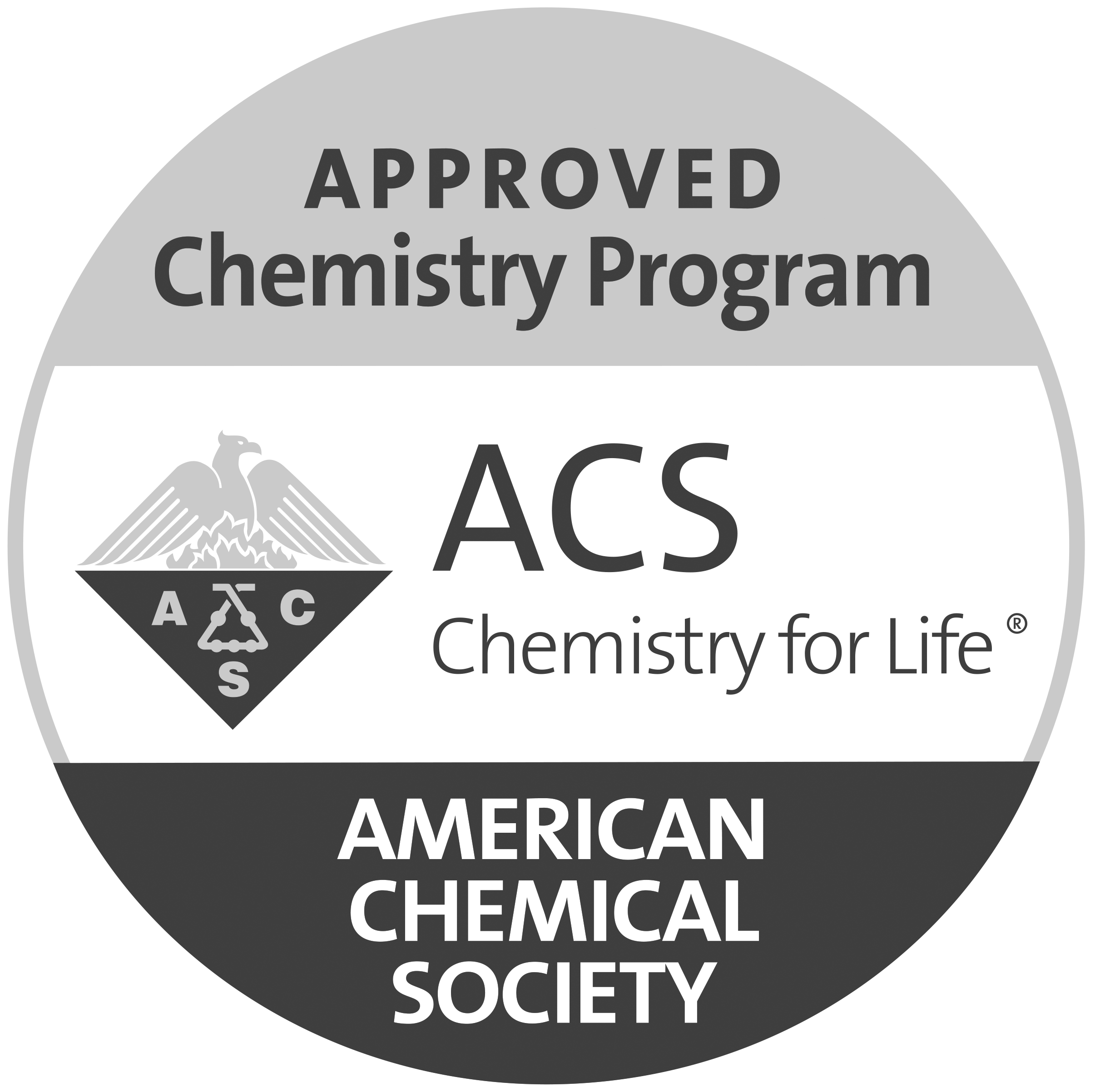Visit the College of Sciences and Mathematics Academic Advising webpage for information.
Common chemistry/biochemistry questions
Should I choose biochemistry or chemistry? What’s the difference?
Biochemistry combines the fundamentals of chemistry with the advanced courses in biochemistry and the life sciences, which makes it a good fit for students interested in pursuing careers in life sciences or medicine. If you’re interested in a pre-medical or another health-related pre-professional track, biochemistry is a good choice.
The chemistry curriculum offers three concentrations:
- The professional chemist concentration is designed for students who plan to pursue careers in chemistry research or in a chemical industry. The curriculum prepares students for graduate school and includes advanced coursework in all five sub-disciplines of chemistry (analytical, biochemistry, organic, inorganic and physical).
- The secondary education concentration is designed to prepare students for teaching careers.
- The interdisciplinary concentration allows students the flexibility to supplement a core study of chemistry with courses in other science fields. The curriculum provides students the intellectual tools to integrate their concentration areas, engage in interdisciplinary problem-solving and prepare for careers and/or graduate programs that increasingly cross disciplinary boundaries.
How much studying do I need to do to succeed in chemistry?
A good guideline for science and math courses is that you should plan to study about two to three hours per week for each unit of credit (so, a single three-hour class would mean nine hours per week of study). If you want to be successful, you’ll need to budget your time carefully. Think of school as a full-time job and budget your time accordingly.
Important: When it comes to studying, quality matters as much as quantity. Avoid distractions like phones, the internet, etc. It’s also important that you’re studying the correct material and concepts.
What should I do if I need extra help with my chemistry coursework?
First of all, make sure you’re putting the appropriate amount of time into your studies (see above). If you still need help, you have many resources available: You can ask your instructor for help or you can attend tutoring sessions at the library’s Academic Assistance and Resource Center. You can also watch chemistry videos on the internet, or hire a private tutor.
What minors should I choose as a chemistry or biochemistry major?
That depends on the track you choose. Biochemistry majors are required to minor in biology. Chemistry majors who pursue the professional chemist concentration are free to choose any minor (although the combined science minor is highly recommended). Chemistry secondary education students are required to minor in secondary education. Chemistry interdisciplinary concentration students must have 25 hours of approved minor/concentration courses.
 Axe ’Em, Jacks!
Axe ’Em, Jacks!

